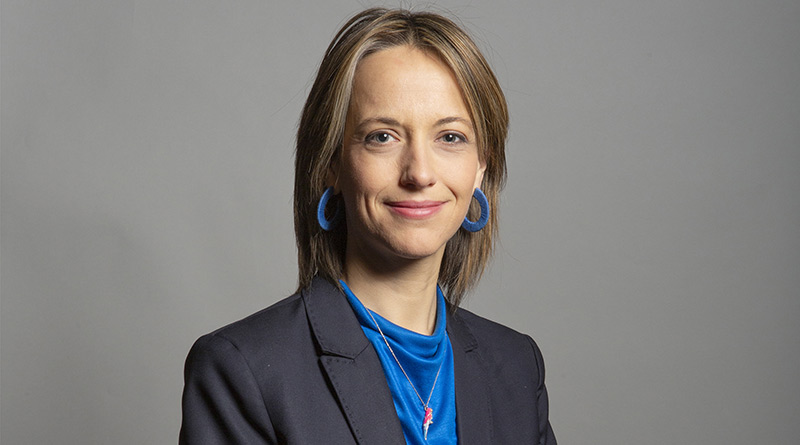Care Minister Rules Out Prospect of a National Care Service
The Department of Health and Social Care (DHSC) has rejected the idea of a national care service for England.
In a speech to Directors of Adult Social Services referring to national care services in Scotland and Wales, DHSC minister Helen Whately said “simplicity, ideology, and slogans grab headlines. A one-size-fits all approach is not the right answer. We need a vision for care which recognises this, even if it’s harder to spell out, and even if it’s more complicated to deliver.”
Adding that “The debate is hugely oversimplified” as “simplicity, ideology, and slogans grab headlines” while “care is complex”.
Ms Whately said: “At one end, you hear from people who think that social care should be nationalised. That it should no longer be the responsibility of the local authorities you are part of. Nor should it be delivered by independent providers. They call for a national state run service – a national care service if you will.
“At the other end, you hear from people who think that care should be an exclusively family affair.”
She said she “finds herself arguing against both of these viewpoints” because “social care supports so many different people with so many different needs” so “a one-size-fits all approach is not the right answer”.
Ms Whately also expressed “frustration at talking down of social care” during a speech: “The next time someone says to you that social care is broken – or that its problems are being ignored – or that it’s not being reformed – or that care workers need a career structure… tell it as it is.
“Yes, social care has big challenges, but we’re working on them.”
This “work” that the government has been doing to “reform” social care includes a “care workforce pathway” launch, increase in grant funding for local authorities up to £8.6bn and £20m in the Accelerating Reform Fund, Ms Whately said.
She also highlighted 15 areas of the country that are using their Accelerating Reform Fund to “scale up” Sharing Lives Care, a scheme to support working age adults with learning disabilities, mental health problems or other needs.
Speaking on technology and innovation Ms Whately said: “We’re also backing innovation through technology. Because the potential for technology to improve care and help people live more independent lives is hugely exciting – and there is some brilliant innovation going on, but often in pockets rather than at scale.”
“If we take digital social care records as an example. Replacing paper care records with digital records is a no-brainer. It makes social care more efficient by reducing the time staff spend filling in forms and chasing information by phone. It can also mean better, safer care. Digital care records can alert the GP if their patient needs medical treatment, or it can alert staff if medication has been missed. “.
Another “crucial part” of the government’s reforms is the Care Quality Commission’s assurance of local authorities’ delivery through the Care Act.
She said: “These new assessments and ratings will mean that – for the first time – everyone will be able to understand how their local authority is delivering adult social care and how it compares to others.”
Addressing concerns from local authorities, she added: “This assurance is really important. It will shine a light on the brilliant work so many councils are doing.
“It will mean those who are doing a great job will get the recognition they deserve and it will help councils who are struggling get the support they need to do better for their communities.”
Ms Whately added: “We need a modern care system, with the flexibility to respond to changing needs.
We need a diverse care system, where people can choose the care that works best for them and we need a care system that’s rooted in our communities, drawing on the strengths and skills of local organisations, professionals and people’s loved ones.”
In conclusion Ms Whately said:
“The former Chancellor Nigel Lawson once said that the NHS is the closest thing we have to a national religion.”
“Now like many of you in this room, sometimes I get frustrated that social care doesn’t get thought of in the same way.”
“For the skill and dedication of everyone working in the care sector. For the compassion and humanity in almost every interaction. And for the way care quite literally helps people to carry on living.”
“But actually the truth is that we don’t need another national religion.”
“We need a modern care system, with the flexibility to respond to changing needs.”
“We need a diverse care system, where people can choose the care that works best for them.”
“And we need a care system that’s rooted in our communities, drawing on the strengths and skills of local organisations, professionals and people’s loved ones






